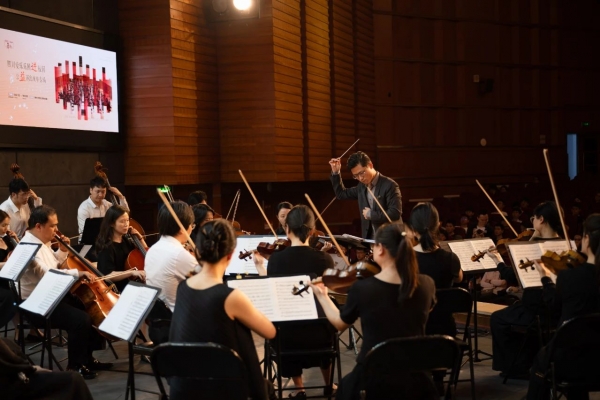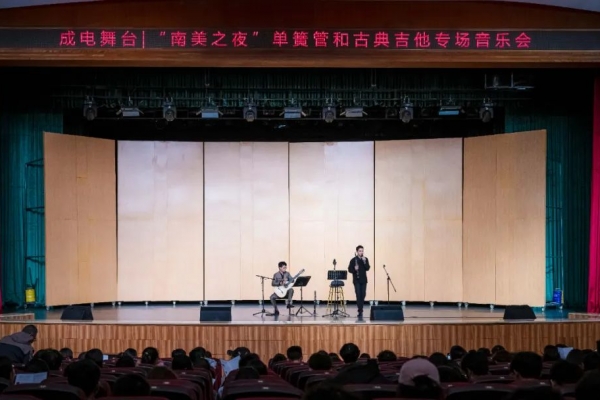即可将网页分享至朋友圈
为加强我校各学科之间的学术交流,搭建教师学术交流平台,促进教师学术水平提升和跨学科合作,教师发展中心开展跨学科学术沙龙活动。
本次活动教师发展中心特别邀请新加坡国立大学博士后徐迅,与我校师生分享Semantic Spaces for Video Analysis of Behavior的研究及进展。具体安排如下,欢迎感兴趣的教师和博士生参加。
一、主 题:Semantic Spaces for Video Analysis of Behavior
二、主讲人:新加坡国立大学博士后 徐迅
三、时 间:2017年12月27日(周三)15:00
四、地 点:清水河校区经管楼宾诺咖啡
五、主持人:电子工程学院 朱策教授(IEEE Fellow)
六、交流内容:
There are ever growing interests from the computer vision community into human behavior analysis based on visual sensors. These interests generally include behavior recognition; behavior retrieval and behavior summarization. Although countless efforts have been dedicated into problems mentioned above, few works have attempted to analyze human behaviors in a semantic space. In this presentation, we define semantic spaces as a collection of high-dimensional Euclidean space in which semantic meaningful events, e.g. individual word, phrase and visual event can be represented as vectors or distributions. With the semantic space, texts and visual events can be quantitatively compared by inner product, distance and divergence, therefore facilitating semantic meaningful video summarization, retrieval and anomaly detection. Semantic space can also seamlessly bridge categories and datasets which are conventionally treated independent. This has encouraged the sharing of data and knowledge across categories and even datasets to improve recognition performance and reduce labeling effort. Moreover, semantic space has the ability to generalize learned model beyond known classes which is usually referred to as zero-shot learning. To demonstrate the efficacy of semantic space for behavior analysis, we focus on studying real world problems including surveillance behavior analysis, zero-shot human action recognition and zero-shot crowd behavior recognition with techniques specifically tailored for the nature of each problem.
七、主讲人简介
徐迅,现于新加坡国立大学开展博士后研究,于2016年获得英国伦敦大学玛丽女王学院计算机科学博士学位。目前主要从事监控场景理解、行为识别、迁移学习、零样本学习和运动分割的研究,在IJCV/ECCV/IEEE Transactions on CSVT等期刊和会议发表多篇论文。
八、主办单位:人力资源部教师发展中心
承办单位:电子工程学院、机器人研究中心
人力资源部教师发展中心
2017年12月26日
编辑:罗莎 / 审核:林坤 / 发布:林坤


